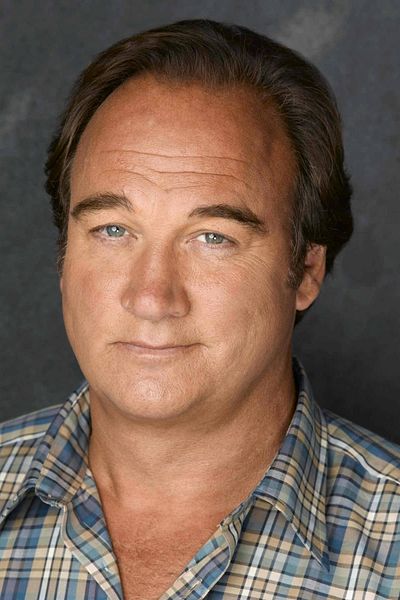Talking directly to camera, burly lifeguard and aspiring playwright Mickey (Timberlake) brings us up to speed: it's 1950s Coney Island and he's having an affair with Ginny (Winslet), a waitress married to the gruff greasemonkey Humpty (Belushi) in a small apartment just off the boardwalk, with Ginny's young son from her first marriage, the troubled arsonist Richie (Jack Gore), in the spare room. When Humpty's estranged daughter Carolina (Temple) turns up out of the blue looking to hide away from her mob husband for blabbing to the feds, Mickey's head is turned driving Ginny into a panicked jealousy…
Wonder Wheel wears its influences on its sleeve, and even takes the time to point to the cuff stains. "I relish melodrama and larger than life characters," Timberlake, operating as a Greek Chorus, tells us in his opening speech. And that’s exactly what we get: Wonder Wheel plays out like a spiritual sequel to A Streetcar Named Desire with Humpty’s Stanley robbed of his looks and Ginny a bitter and tired Kim Hunter.
The dialogue is heavy on exposition. So much so that the entire first half feels like scenes written to colour in the backstory. But there’s no filter between mind and mouth with characters informing the audience how they feel: “I’ve become consumed with jealousy!” Winslet remarks at one point, which could be Allen’s little in-joke about the on-the-nose lines. He has another giggle at his own expense later: the story moving between mini catastrophes with Timberlake opining that his affair with Ginny “just seems to go from one drama to another.”
At least Allen seems to be having fun. But despite the detail he puts into his characters here, caring about what happens to them is a struggle. There is a mild curiosity as to what might transpire when the mob turn up (Sopranos co-stars Tony Sirico and Steve Schrippa) but the bouncy jazzy score undercuts any seriousness that comes around, and Temple’s complete lack of concern as to her possible future in cement shoes gives the proceedings an air of frivolity.
Framing is strange on occasion too. Pillars can block character’s faces, there are profile shots with hair disgusting the eyes, and sometimes the actors move so close to the camera it has to back off, as if they missed their mark. Then there’s the lighting, which seems to ebb and flow as conversations in front of, and behind, amusements change to suit the ever-changing tone; the backlighting Winslet receives is very distracting.



















































































